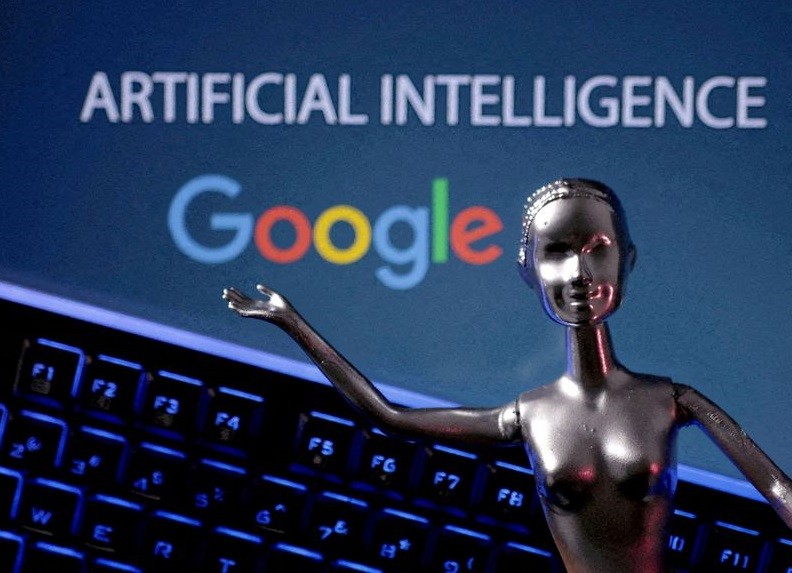04/04/2024
04/04/2024

NEW YORK, April 4: In a potentially significant shift, Google is exploring the introduction of a paid tier for premium generative AI-powered services, marking the first time a core service of the tech giant could be placed behind a paywall, according to reports from the Financial Times.
While Google search will remain free, even for paying subscribers, the service will still display advertisements, sources cited by the Financial Times revealed. The pricing structure for this new paid tier and the rollout plan for the generative AI features remain unclear at this stage.
A representative from Google stated to The National that the company is "not working on or considering" an ad-free search experience. However, they emphasized that Google will continue to develop new premium capabilities and services to enhance its subscription offerings across various platforms, aiming to swiftly adapt to meet evolving user needs.
The representative highlighted Google's ongoing efforts to innovate in search, particularly with generative AI experiments aimed at providing more intuitive access to information. These experiments have already seen substantial usage, with positive growth in search queries observed across all major markets.
Currently, Google's Gemini AI platform offers generative AI features on services like Gmail and Google Docs for a fee. It remains unclear whether the new paid tier for Google search will be integrated into existing plans or offered as a standalone service.
Gemini AI is available through the Google One AI Premium plan, priced at $19.99 per month, which includes 2TB of storage, additional features for Google Meet and Google Calendar, and a 10% rebate on purchases made through the Google Store.
Google initiated testing of its experimental Search Generative Experience (SGE) in May last year, promising deeper search results. However, progress towards its introduction has been slow, with access limited to a select group of users and some Google One subscribers.
According to the Financial Times report, the development of generative AI-powered search results is notably more resource-intensive than traditional methods, adding to the complexity and cost of implementation.
Despite challenges, Google appears committed to advancing generative AI technology as it faces competition from OpenAI's ChatGPT, perceived as a potential threat to Google's dominant position in the search engine market.
Google's search service, supported by advertising revenue, remains a cornerstone of its business model. Revenue from search and related ads surpassed $175 billion last year, constituting a significant portion of the company's overall sales.
The company's push into generative AI reflects broader efforts to innovate across its services business, which includes advertising, Android, Chrome, hardware, Maps, Google Play, and YouTube.
While competitors like Microsoft have embraced GPT-powered tools for search, Google's global market dominance remains unchallenged, with a market share exceeding 91%, according to recent data from StatCounter.


